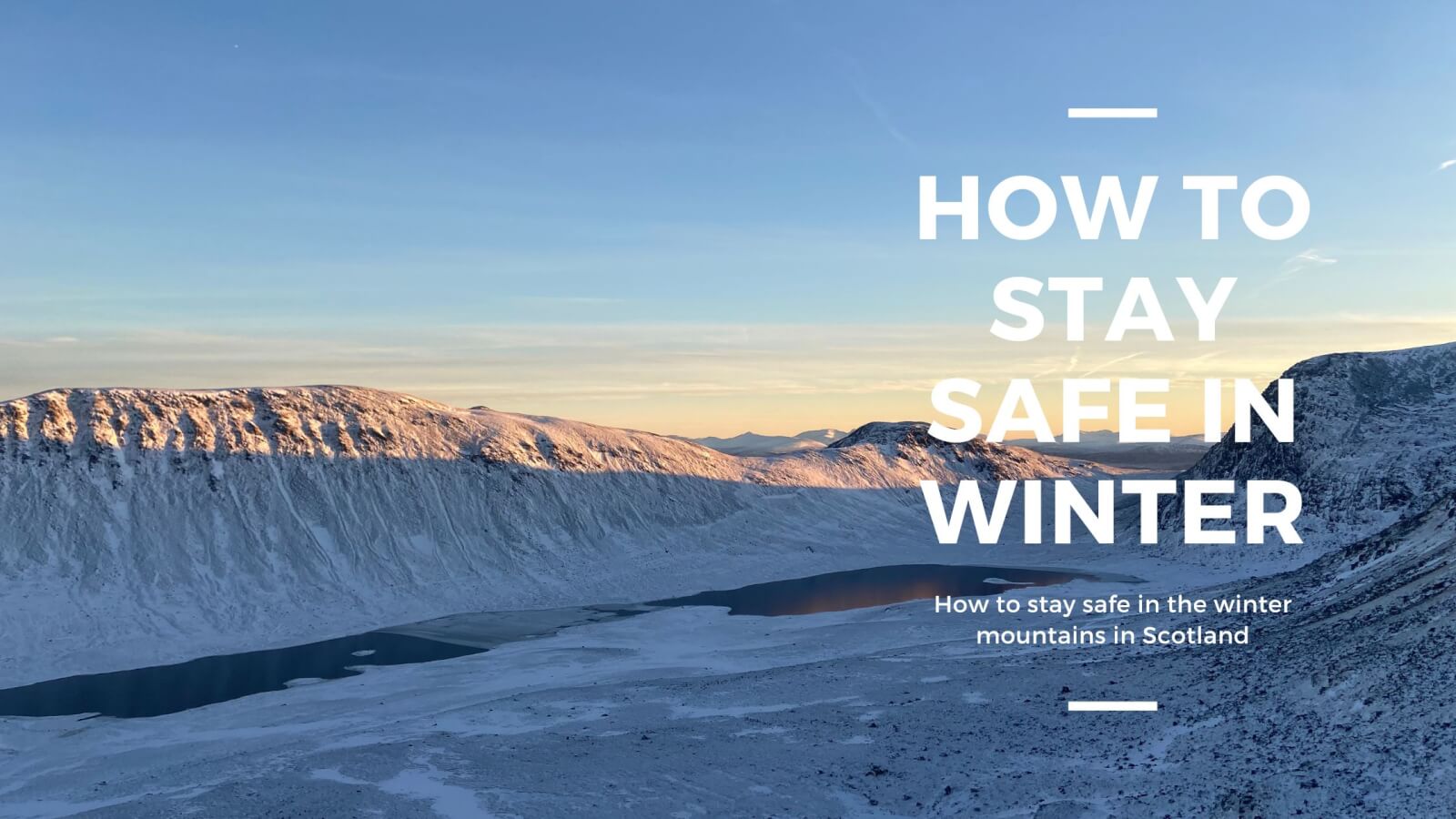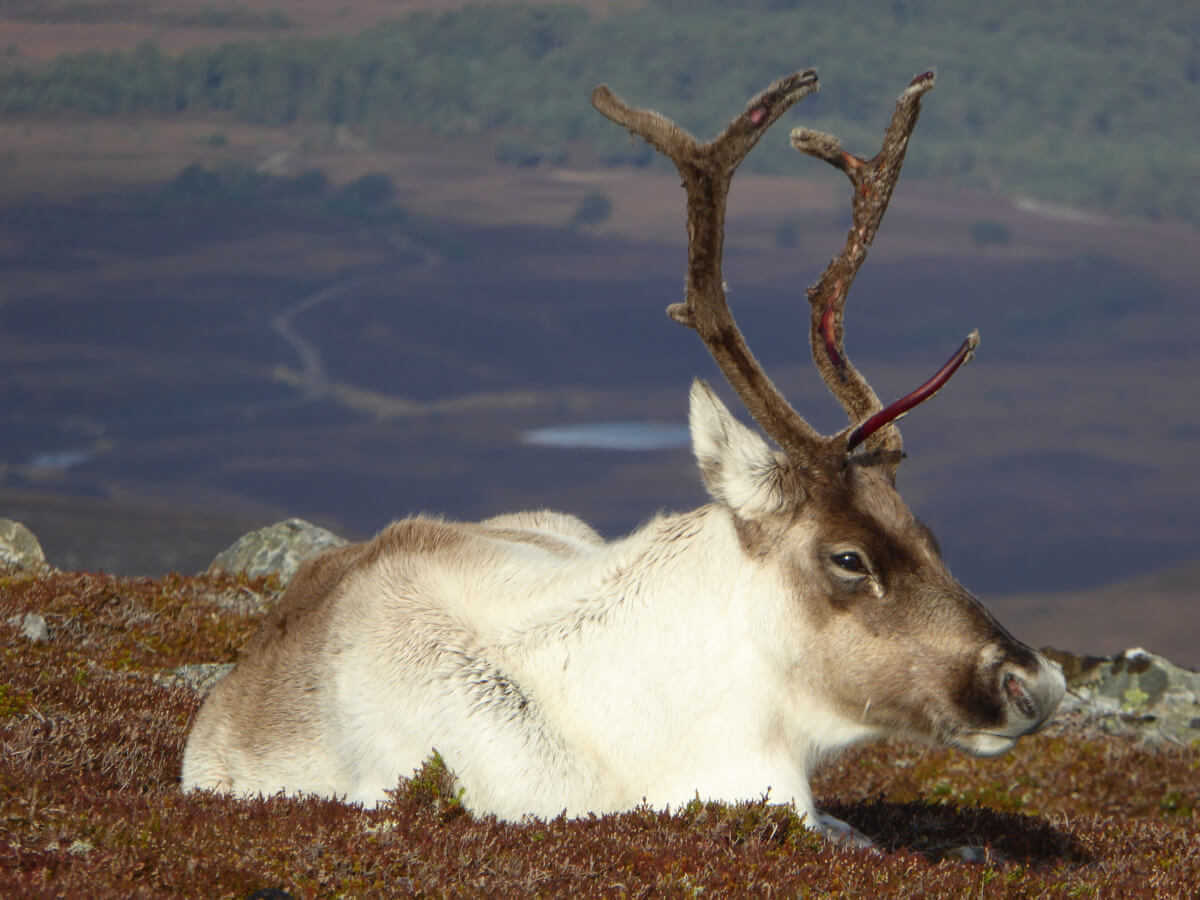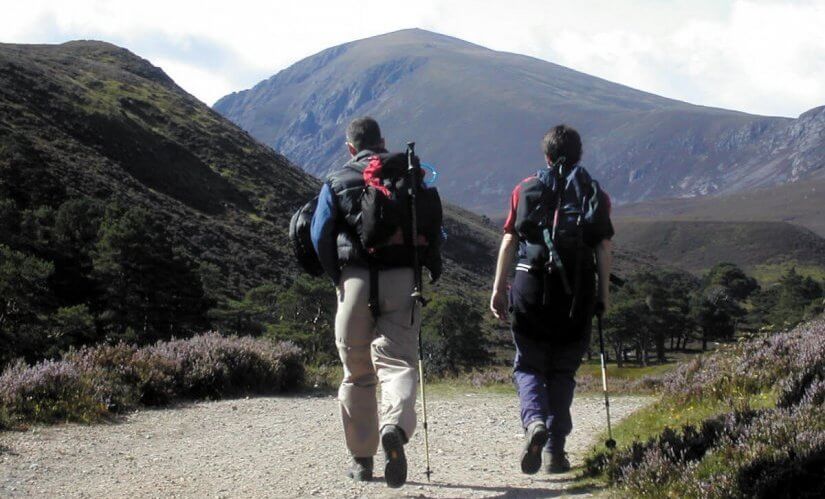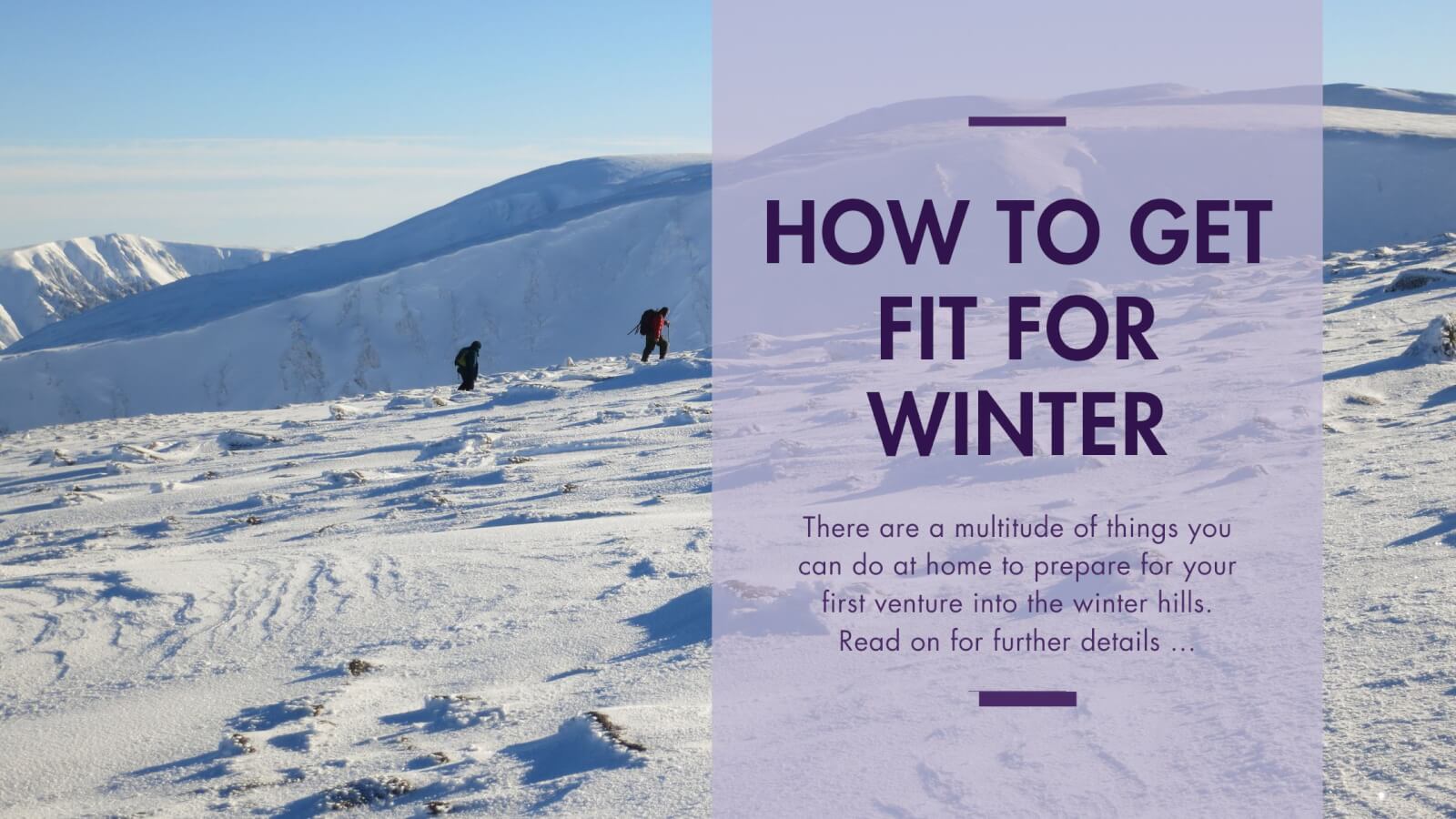How to Stay Safe in the Scottish Winter Mountains: Essential Tips for Hiking and Climbing
Scotland’s winter hills offer unparalleled beauty and adventure, but venturing into this environment requires preparation and caution. The #ThinkWINTER campaign by the Mountaineering Council of Scotland aims to raise awareness about safety in winter conditions, offering practical advice to keep adventurers safe. With over 1,000 mountain rescues occurring annually across the UK, preparedness is crucial. Here’s how to ensure your trip is both enjoyable and safe.
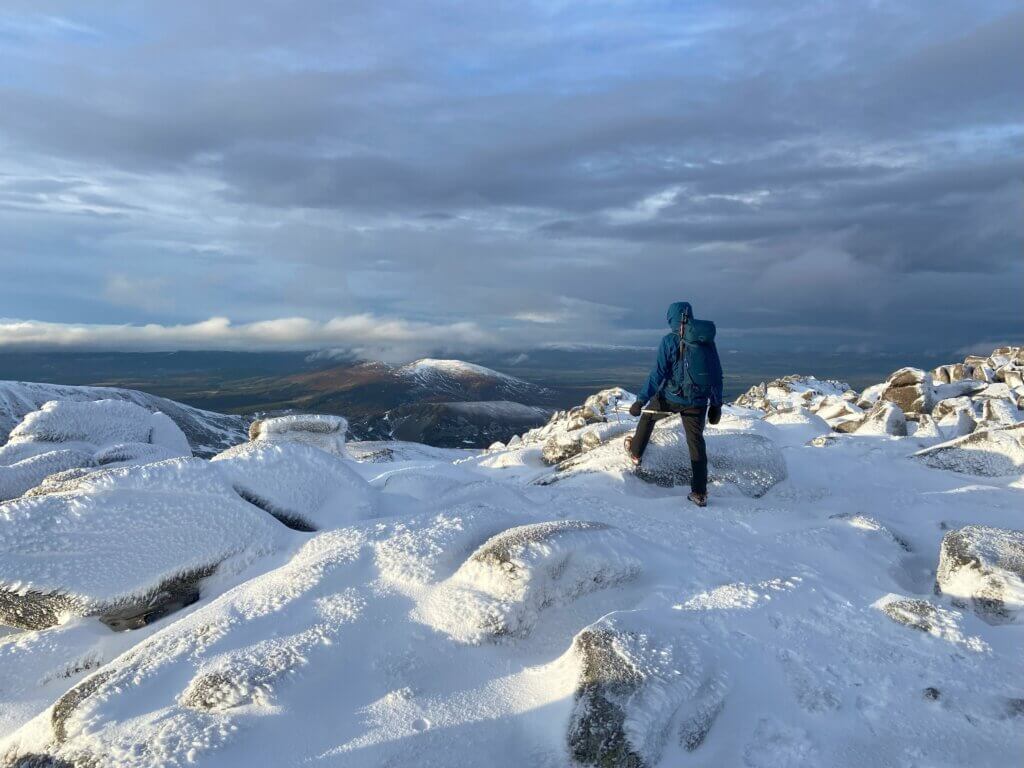
Key Considerations for Safe Winter Hiking and Climbing
1. Comprehensive Planning
- Research your route thoroughly, noting any challenging terrain or potential hazards.
- Share your plan, including expected return times, with a friend or family member.
- Did you know? In 2023, Scottish Mountain Rescue (SMR) teams responded to 662 callouts, many of which could have been avoided with better planning.
2. Weather and Avalanche Awareness
- Regularly check mountain weather forecasts (like MWIS) and avalanche reports from the Scottish Avalanche Information Service (SAIS).
- Be prepared to turn back if conditions deteriorate. Statistics show that weather-related incidents account for over 50% of rescues in Scotland’s mountains.
3. Clothing and Equipment
- Wear insulating, moisture-wicking layers and pack a waterproof shell.
- Essential gear includes a map, compass, headtorch, fully charged mobile phone, and crampons or ice axes. Always carry a powerpack for your phone as the cold can dramatically affect the performance of your phone. It is also vital in winter to carry a paper map and compass as a back up to your phone. Never rely exclusively on your mobile phone to navigate in winter.
- 35% of winter incidents involve hikers unprepared for icy conditions—ensure you’re equipped for snow and ice.
4. Skill Development
- Learn winter navigation, avalanche awareness, and self-rescue techniques.
- Many rescues are linked to poor navigation—investing in a winter skills course could save your life.

Test your limits, within your means
When to Seek Professional Guidance
For those uncertain about navigating Scotland’s winter hills, guided trips provide a safe alternative. Scot Mountain Holidays offers guided hiking and climbing adventures, alongside accommodation, transport, and full catering. With their expert knowledge, you’ll experience the beauty of the Scottish Highlands safely and comfortably.
The Importance of the #ThinkWINTER Campaign
The #ThinkWINTER campaign encourages hikers and climbers to:
- Plan ahead.
- Check the weather and avalanche conditions.
- Carry proper equipment.
By adopting these practices, you can reduce your risk and enjoy your adventure responsibly. Remember, mountain safety isn’t just about you—it ensures rescue teams, often volunteers, aren’t unnecessarily called into dangerous situations.
Prepare wisely, respect the mountains, and embrace Scotland’s winter magic with confidence!


